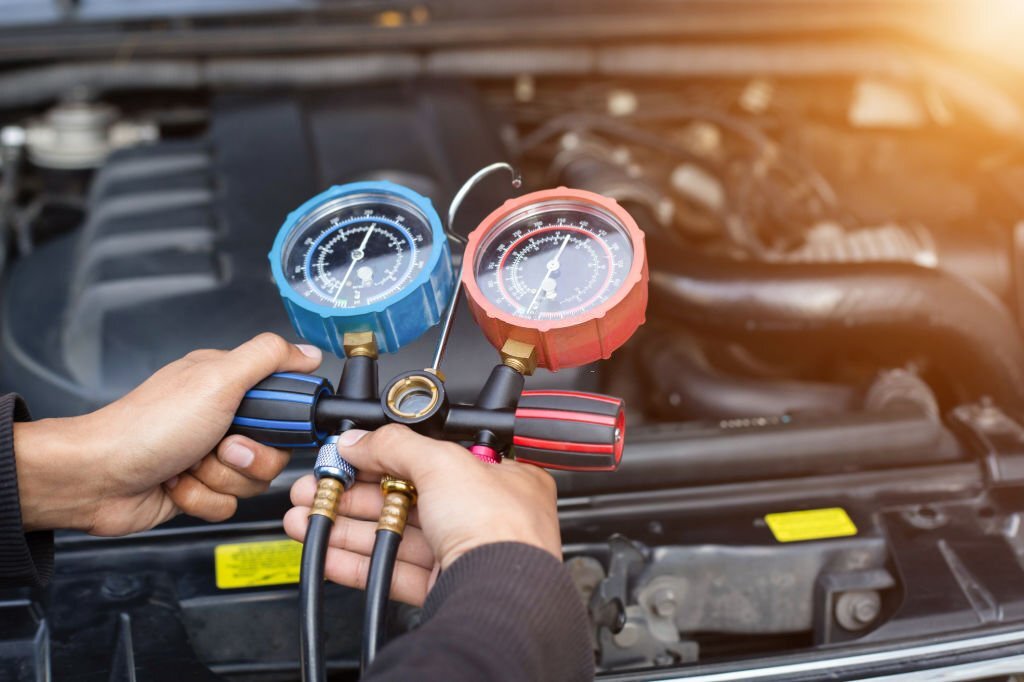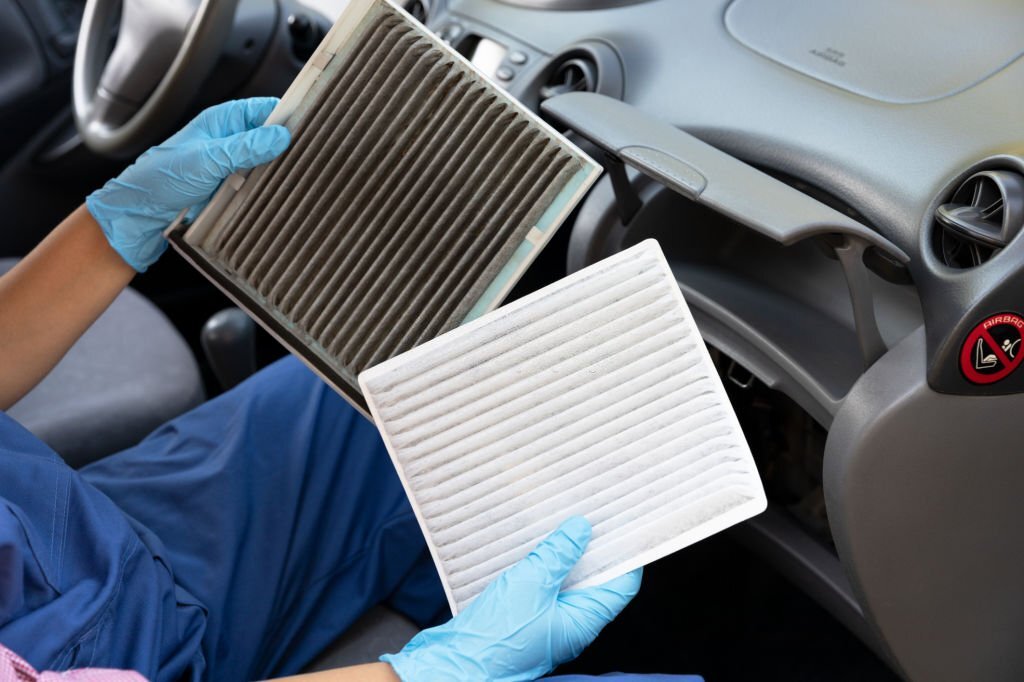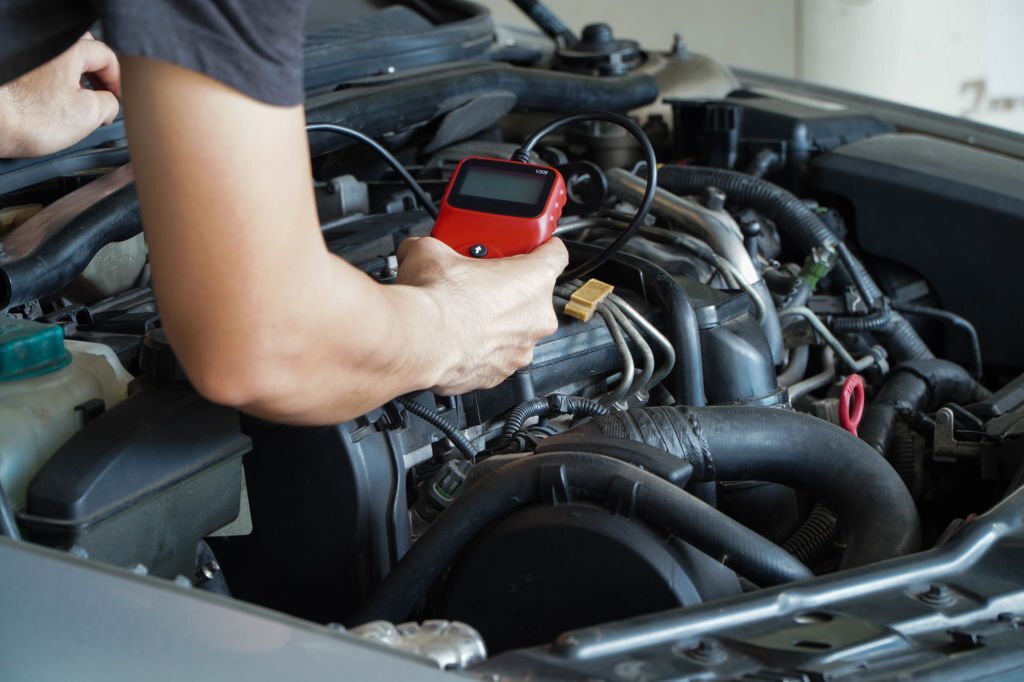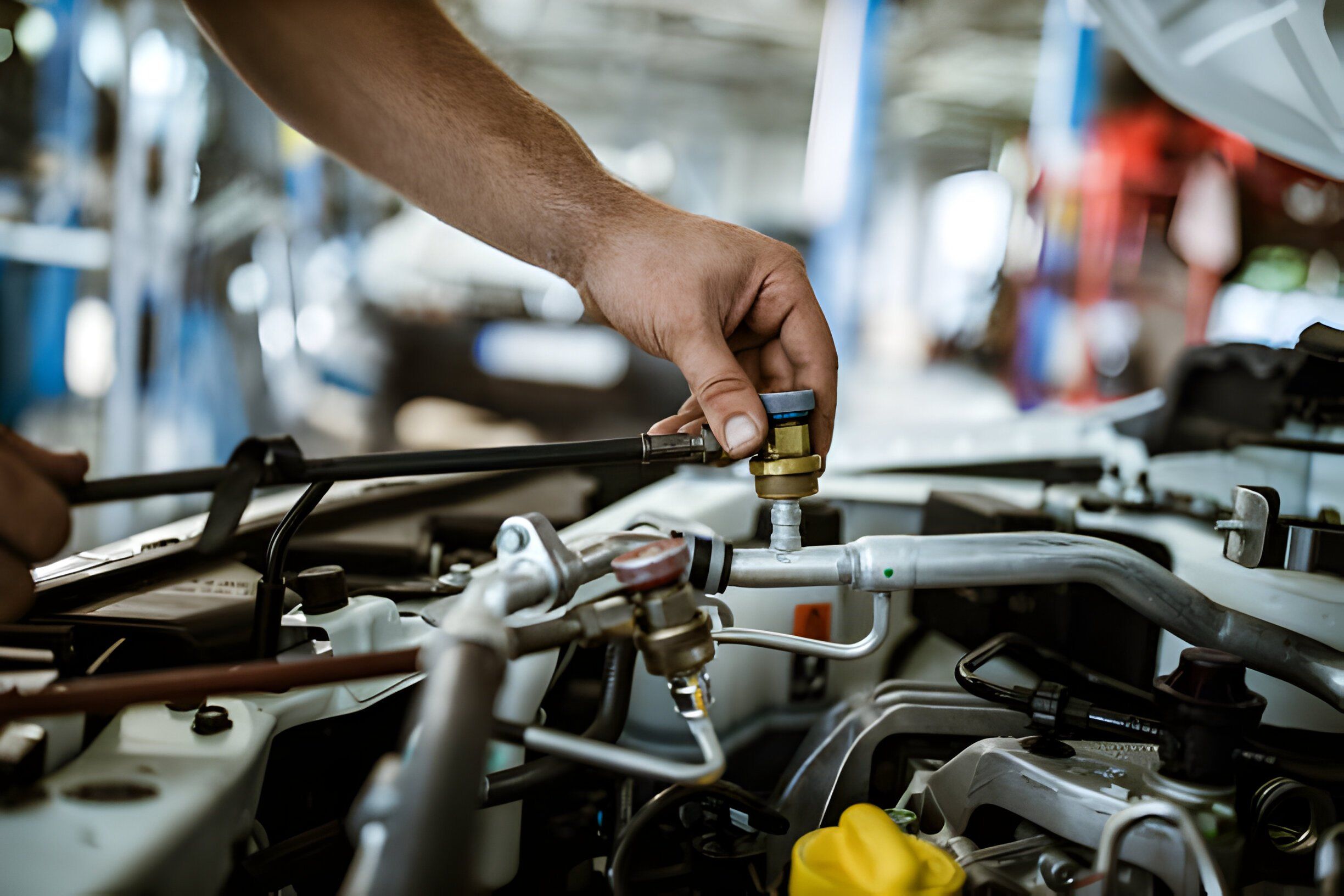Keep Your Car Cool with High-Quality A/C Condensers
Driving in Australia’s sweltering heat can be unbearable without a well-functioning air conditioning system. The A/C condenser is a key component of this system, ensuring the air inside your car stays cool and refreshing. At Cool Car Airconditioning, we provide reliable and high-quality A/C condensers that enhance the performance of your vehicle’s cooling system. Whether you need a replacement or a routine check-up, our team is here to help.
Understanding the Importance of an A/C Condenser
The A/C condenser plays an essential role in your car’s air conditioning system. It transforms high-pressure refrigerant gas into a liquid, allowing the heat to dissipate and cool air to circulate inside your vehicle. Without a properly functioning condenser, the entire air conditioning system can falter, leading to a less efficient and uncomfortable experience. Ensuring your A/C condenser is in top condition is key to maintaining optimal performance. At Cool Car Airconditioning, we specialise in providing high-quality A/C condensers that guarantee reliability.
Signs Your A/C Condenser Needs Attention
Over time, A/C condensers can face wear and tear, leading to a decline in efficiency. Here are some common warning signs that your A/C condenser might need servicing or replacement:
- Reduced Cooling Power: If the air conditioning takes longer to cool the car or fails to cool effectively, it could indicate an issue with the condenser.
- Refrigerant Leaks: Pooled fluid under your car may signal a refrigerant leak from the condenser.
- Unusual Noises: Grinding or rattling noises from the A/C system can be linked to internal damage within the condenser.
- Overheating: A malfunctioning condenser can cause the system to overheat, reducing its overall performance.
If you notice any of these signs, it’s time to consult Cool Car Airconditioning for professional diagnosis and repair services.
Why Choose Cool Car Airconditioning?
At Cool Car Airconditioning, we understand the importance of a functional air conditioning system, especially during Australia’s peak summer months. Here’s why we stand out:
- Quality Products: Our A/C condensers are sourced from trusted manufacturers, ensuring longevity and performance.
- Expert Technicians: Our experienced team specialises in diagnosing and resolving air conditioning issues efficiently.
- Affordable Solutions: We offer competitive prices on all our services and products without compromising quality.
- Customer Satisfaction: Our commitment to providing excellent customer service ensures a hassle-free experience.
Tips for Maintaining Your A/C Condenser
Regular maintenance of your A/C condenser can extend its lifespan and ensure consistent performance. Here are some tips to keep your condenser in good shape:
- Clean Regularly: Remove dirt, debris, and bugs from the condenser’s surface to improve airflow and prevent clogs.
- Check for Damage: Regularly inspect the condenser for visible damage, such as bent fins or leaks.
- Monitor Performance: Keep an eye on your A/C system’s cooling efficiency and address any irregularities promptly.
- Schedule Professional Inspections: Routine servicing by professionals can identify and resolve issues early.
By following these steps, you can enjoy a reliable air conditioning system for years.
A properly functioning A/C condenser is crucial for staying comfortable during your drives. At Cool Car Airconditioning, we provide high-quality A/C condensers and expert services to keep your vehicle’s air conditioning system in peak condition. Don’t wait until the heat becomes unbearable—visit us or call us today to schedule your service. Trust us to keep you cool, no matter the weather!












